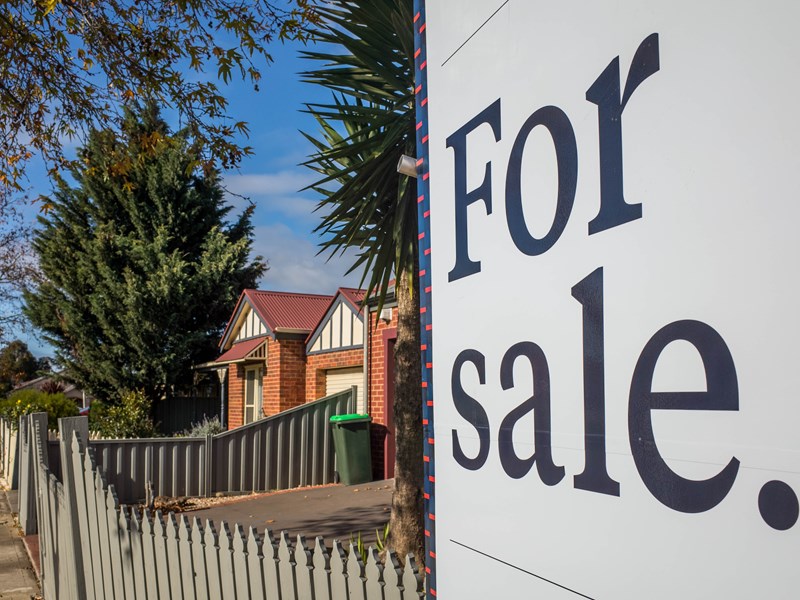Committee canvasses options for stamp duty reform
8 May 2023

Land transfer duty in Victoria represents an inefficient tax, but one that will be an enormous challenge to reform, a Legislative Council Committee has heard.
The Legislative Council’s Economy and Infrastructure Committee is inquiring into land transfer duty fees (commonly referred to as ‘stamp duty’) and considering the tax’s impact on housing supply, labour and capital mobility and state revenue, as well examining interstate and international models and exploring potential alternatives.
In its first public hearing the Committee heard from Department of Treasury officials, including David Martine, the Secretary Department of Treasury and Finance on the role of stamp duty in Victoria.
Mr Martine told the Committee that land transfer duty is ‘one of the least efficient taxes levied by governments across the country’.
'There's no question a tax on a transaction can distort behaviours because you have got to take it into account that you can avoid the tax by just not doing the transaction. So I wouldn't pretend that it doesn't impact decision making,' he said.
However, while there is broad consensus that the tax is not an efficient one, replacing such a large tax will involve the challenge of ‘identifying an alternative efficient and sustainable source of revenue,’ he said.
'If one was starting with a blank bit of paper designing a tax system for a state you probably wouldn't introduce something called stamp duty, but given that's what we've got the real challenge is how do you transition out of what we have to something else that is going to work that's an efficient sustainable tax,' he said.
'It would be difficult for any state government to undertake such reform without financial report support from the Commonwealth,' Mr Martine added.
In the last financial year land transfer duty was $10.4 billion, accounting for 34 per cent of Victoria’s tax revenue.
He told the Committee that the size of the tax take meant that land tax would need to be replaced a by a very large tax or several smaller taxes, or the state would suffer a signifigant revenue shortfall.
'If you wanted to get rid of stamp duty you'd have to find about 8 billion (dollars) from different sources,' he said.
The Committee has received more than 50 submissions from a range of experts and interest groups, including the Grattan Institute, the Centre of Policy Studies at Victoria University, the Real Estate Institute of Victoria, the Victorian Council of Social Services and the Victorian Farmers Federation.
The submissions contain a range of proposals for reforming the tax, replacing the lost revenue and improving the efficiency of the real estate market.
They are available to read and download on the Committee’s website.
Further public hearings will be scheduled as part of the six-month inquiry.